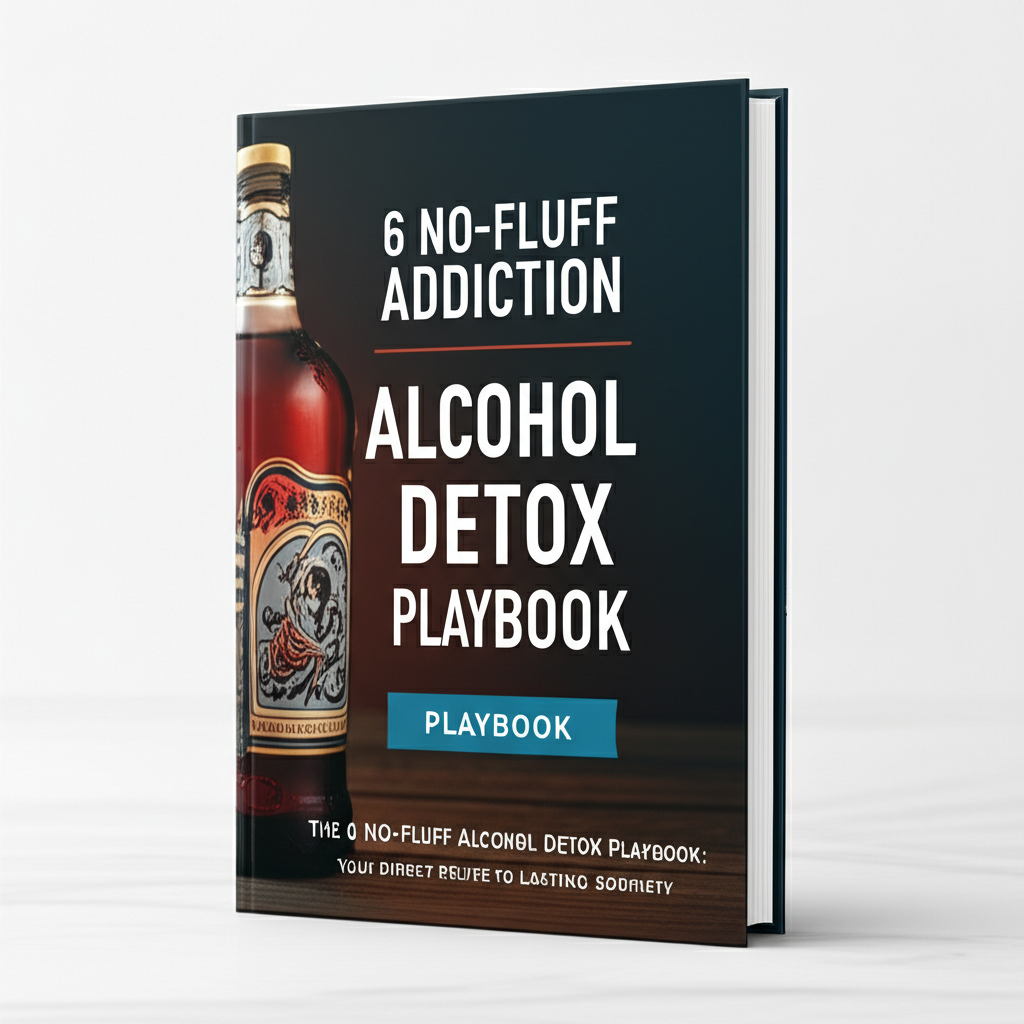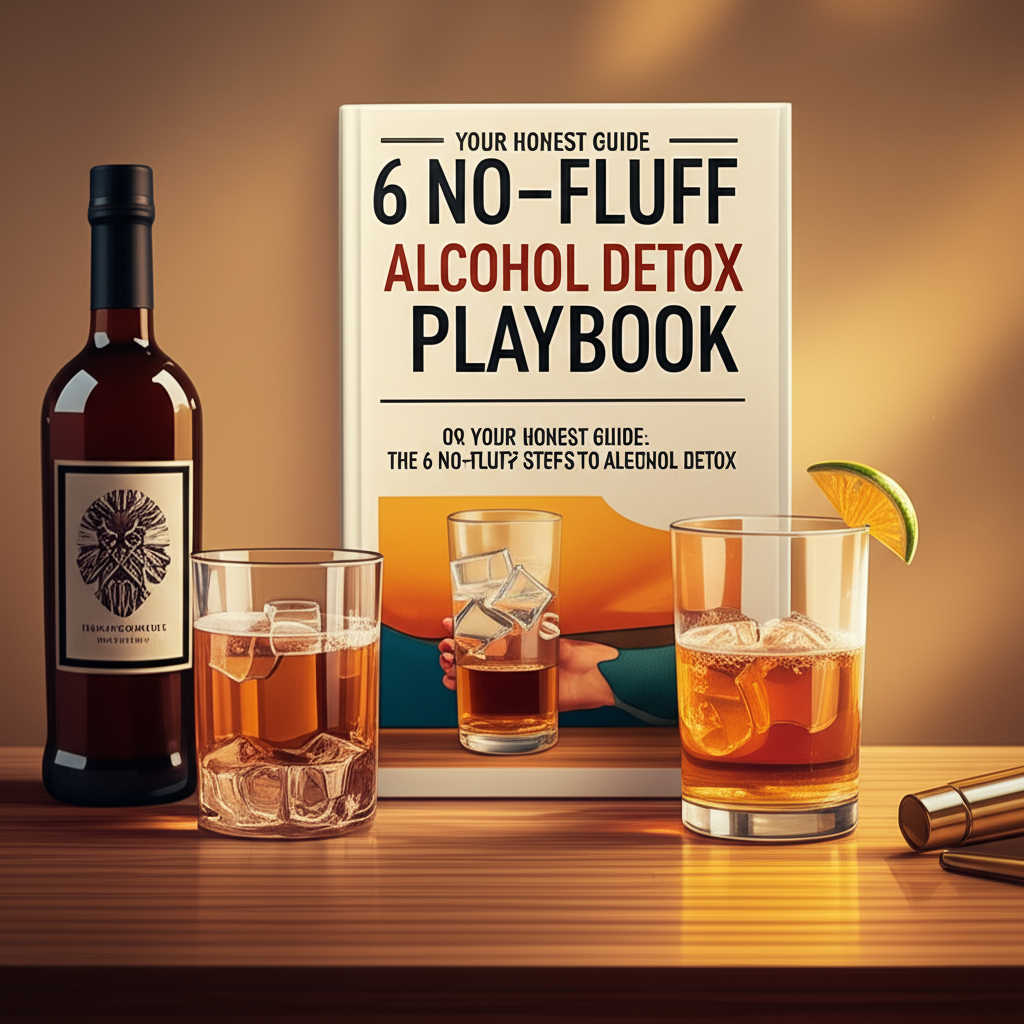
Behind the Veil: What Alcoholics Truly Feel and Think About Drinking
The conversation around alcoholism often focuses on the observable: the missed appointments, the strained relationships, the physical decline. But beneath the surface of outward behaviors lies a complex, often tormenting inner world. For those grappling with alcohol addiction, drinking isn’t just a choice; it’s a battle fought daily within the confines of their own minds and hearts.
To truly understand alcoholism, we must listen to the voices of those who live it. What do they feel? What do they think? What drives the relentless pursuit of a substance that systematically dismantles their lives? This article delves into the raw, unfiltered perspectives of individuals who have navigated – or are currently navigating – the challenging landscape of alcohol addiction, offering a rare glimpse into the thoughts and emotions that define their struggle.
The Allure and the Trap: Why the First Drink?
The journey into addiction rarely begins with an intention to lose control. For many, alcohol initially serves a perceived purpose, a solution to an underlying problem.
Seeking Solace, Finding Chains
Before the chains of addiction fully tighten, alcohol often presents itself as a friend, a confidant, or a powerful coping mechanism. The initial thoughts and feelings are often rooted in a desire for relief or transformation:
- "It helps me relax." Many describe alcohol as a potent antidote to stress, anxiety, or the pressures of daily life. The first few drinks might genuinely quiet an overactive mind, making social interactions easier or numbing emotional pain.
- "I feel more confident." For those with social anxiety or low self-esteem, alcohol can temporarily dissolve inhibitions, making them feel witty, charming, or courageous – a stark contrast to their sober selves.
- "It makes me forget." Alcohol becomes an escape hatch from trauma, grief, or uncomfortable memories. The desire to numb pain, even temporarily, can be incredibly powerful.
- "Everyone else is doing it." Peer pressure, social norms, or a desire to fit in can also initiate the pattern, especially in younger individuals. The initial thoughts are often about belonging and acceptance.
The Illusion of Control
In the early to mid-stages of addiction, a persistent thought is that they are still in control. This self-deception is a crucial part of the progression.
- "I can stop anytime I want." This is a hallmark of denial. Despite growing consequences, the individual firmly believes they can quit if they truly desired to, often setting arbitrary "quit dates" that never materialize.
- "It’s not a problem if I only drink on weekends/after work." Attempts to set rules around drinking are common, designed to prove control. These rules inevitably bend and break, leading to feelings of failure and increased denial.
- "I’m not like them." Comparing oneself to perceived "worse" alcoholics (e.g., someone homeless, someone who drinks in the morning) is a common way to rationalize their own drinking as "not that bad."
- "It’s just a phase." They might attribute their heavy drinking to a stressful period, a temporary situation, or simply "blowing off steam," rather than recognizing it as a developing pattern.
The Mind Under Siege: Thoughts During Active Addiction
As addiction progresses, the inner landscape shifts dramatically. The thoughts and feelings become increasingly dominated by alcohol, creating a relentless cycle of obsession, rationalization, and despair.
The Obsession: "When and How Can I Drink?"
The mind of an alcoholic becomes almost entirely consumed by thoughts of alcohol. This isn’t just a desire; it’s an intrusive, all-encompassing obsession.
- Planning and Anticipation: "How much do I have left? When can I get more? Will anyone notice if I slip out for a drink?" Every aspect of life becomes secondary to securing the next drink.
- Cravings as Physical Pain: "My body needs it. This feeling won’t go away until I drink." Cravings are often described as intensely physical, similar to hunger or thirst, accompanied by profound anxiety or unease.
- The "Switch" Phenomenon: "Once I start, I can’t stop." Many alcoholics describe a distinct mental shift after the first drink, where the rational part of their brain is hijacked, and the overwhelming urge to consume more takes over.
- Hiding and Deception: "No one can know how much I’m really drinking." This leads to elaborate schemes: hiding bottles, lying about consumption, minimizing the problem to others and themselves.
The Rationalization Engine
To cope with the mounting guilt and consequences, the mind employs powerful rationalizations.
- "I deserve this." After a stressful day or a perceived slight, drinking is justified as a reward or a necessary coping mechanism.
- "It’s not hurting anyone." Despite evidence to the contrary, the alcoholic minimizes the impact of their drinking on loved ones, work, or their own health.
- "Everyone drinks like this, I’m just being judged." They may seek out drinking companions or environments that normalize heavy consumption to validate their behavior.
- "I’ll quit tomorrow/next week/after this event." The promise of future sobriety becomes a way to avoid dealing with the present reality, a never-ending deferral.
Battling the Inner Critic
Beneath the layers of denial and rationalization lies a torrent of painful emotions.
- Guilt and Shame: "I’m a terrible person. Look at what I’ve done." These feelings are often overwhelming, driving further drinking to numb the pain.
- Self-Loathing: "I hate myself for this. I’m weak, a failure." The self-perception erodes, leading to profound feelings of worthlessness.
- Fear: Fear of discovery, fear of running out of alcohol, fear of withdrawal, and ultimately, fear of living without alcohol.
- Isolation: "No one understands what I’m going through." The shame often prevents them from reaching out for help, reinforcing their isolation.
The Physical and Emotional Landscape of Drinking
The experience of drinking for an alcoholic is far removed from casual enjoyment. It’s a journey through temporary relief, followed by crushing despair.
The Immediate "High"
- Escape and Numbness: "For a few hours, I don’t have to think. I don’t have to feel." This fleeting sense of peace, often described as an emotional blank slate, is a powerful draw.
- False Sense of Well-being: "I feel good, I feel powerful, I feel alive." This artificial euphoria is often short-lived and followed by a dramatic crash.
The Crushing Aftermath
The post-drinking period is characterized by intense physical and emotional suffering.
- Physical Torment: Hangovers become debilitating, evolving into full-blown withdrawal symptoms: tremors, sweating, nausea, intense anxiety, racing heart, and insomnia. "My body feels like it’s betraying me."
- Mental Fog and Regret: "What did I say? What did I do? Why did I do it again?" The mind races with replays of drunken behavior, fueling more guilt and shame.
- Intensified Anxiety (Hangxiety): The anxiety that alcohol initially quelled returns with a vengeance, often worse than before, creating a vicious cycle where more drinking seems like the only solution.
The Erosion of Self
Over time, active addiction strips away more than just health and relationships; it erodes the very identity of the individual.
- Loss of Purpose: Hobbies, passions, and goals fade into the background, replaced by the singular pursuit of alcohol. "I don’t even know who I am without drinking."
- Broken Trust: Repeated lies and broken promises lead to profound self-distrust and the loss of trust from others.
- Moral Compromises: Doing things they would never do sober – stealing, lying, neglecting responsibilities – leaves deep scars on their conscience.
The Impact Beyond Self: How Addiction Affects Relationships
Alcoholics are acutely, though often silently, aware of the pain they inflict on loved ones. These thoughts and feelings are a source of immense internal conflict.
Secrecy and Deception
- "I have to hide this from them." The effort to conceal the extent of their drinking is exhausting and creates an emotional distance from family and friends.
- "They’d be so disappointed if they knew the truth." This fear of judgment and condemnation drives further secrecy.
Alienation and Isolation
- "I’m pushing everyone away, but I can’t stop." A profound sense of helplessness as they watch their relationships deteriorate.
- "They’d be better off without me." In moments of despair, they may genuinely believe their loved ones would be happier if they were out of their lives.
The Pain of Witnessing
One of the most heart-wrenching aspects is the awareness of their loved ones’ suffering.
- "I see the hurt in their eyes." This visual reminder of their impact can be a powerful, albeit often insufficient, motivator for change.
- "I promised I’d stop, and I failed them again." The cycle of making and breaking promises devastates not only their loved ones but also their own self-esteem.
A Glimmer of Hope: Thoughts on Recovery and Sobriety
Despite the darkness, a path to recovery exists, and with it, a new set of thoughts and feelings.
The Moment of Clarity
For many, there’s a "rock bottom" moment or a gradual realization that things must change.
- "I can’t live like this anymore." This is the moment of surrender, the acknowledgment that control is lost and help is needed.
- "What if there’s another way?" A crack in the denial, a spark of curiosity about a life free from alcohol.
- "I want to be present for my family/myself." The desire to reconnect, to reclaim their life, becomes stronger than the pull of alcohol.
The Daily Battle: Sustaining Sobriety
Recovery is not a destination but a continuous journey, filled with its own unique challenges.
- "One day at a time." This mantra becomes a cornerstone, focusing on managing cravings and triggers in the present moment.
- "The cravings are still there, but I don’t have to act on them." Learning to observe and tolerate cravings without succumbing is a critical skill.
- "It’s hard, but it’s worth it." The initial difficulty of facing emotions without alcohol gives way to a growing sense of empowerment and self-worth.
- "I need help. I can’t do this alone." Embracing support systems like AA, therapy, and sober communities is a crucial shift from isolation to connection.
Rebuilding and Rediscovering
As sobriety takes hold, a profound transformation occurs.
- "I’m starting to feel again, truly feel." The numbness lifts, allowing for genuine joy, sorrow, and connection.
- "I’m learning who I am without alcohol." Rediscovering forgotten passions, developing new interests, and forging a new identity.
- "I can forgive myself, and maybe others can too." The process of making amends and rebuilding trust is long but incredibly healing.
- "Life is beautiful, even with its challenges." A newfound appreciation for simple pleasures and the richness of a sober life.
Conclusion: Understanding the Unseen Struggle
The internal world of an alcoholic is a tempest of conflicting emotions, obsessive thoughts, and profound struggles. From the initial allure of escape to the crushing weight of shame and the eventual glimmer of hope in recovery, their journey is a testament to the complex nature of addiction.
By listening to their voices, we gain crucial insights:
- Addiction is not a moral failing; it’s a disease. The constant mental battle, the physical cravings, and the loss of control underscore the biological and psychological grip of alcohol.
- Empathy is paramount. Judgment only deepens the shame and isolation that fuel addiction. Understanding fosters compassion and opens doors for effective support.
- Recovery is possible and profoundly transformative. While challenging, the journey back to oneself, marked by honesty, courage, and consistent effort, offers a renewed sense of purpose and peace.
Ultimately, understanding what alcoholics feel and think about drinking allows us to move beyond stereotypes and offer more effective, compassionate support. It reminds us that behind every struggle lies a human being yearning for connection, peace, and a life free from the relentless grip of addiction. If you or someone you know is struggling, remember that help is available, and a life of recovery is within reach.








